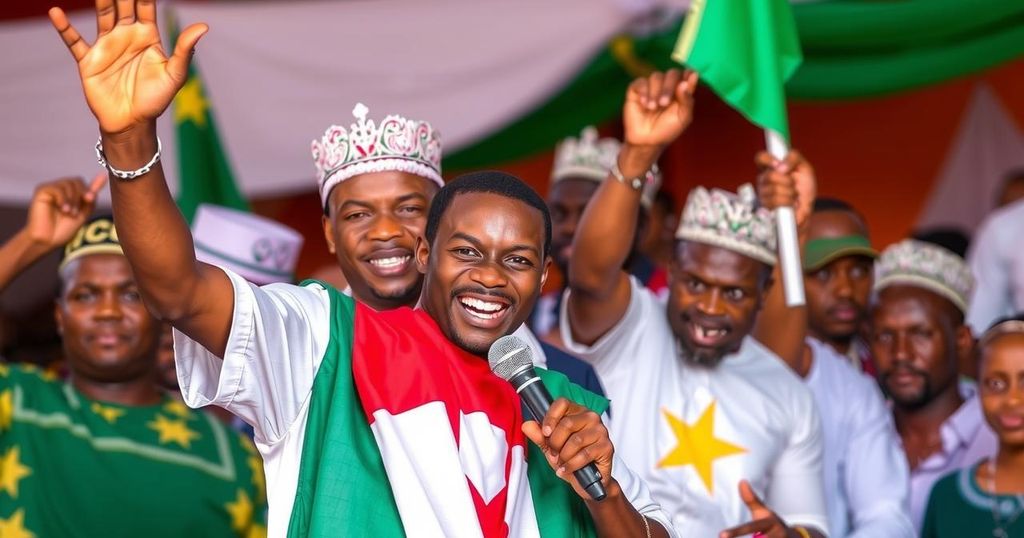Chad’s ruling Patriotic Salvation Movement claimed a majority in the parliamentary elections, securing 124 of 188 seats. This election was marred by opposition boycotts, yielding a low turnout of 51.56%. President Deby framed the election as a step towards democratic transition and decentralization, though opposition parties criticized it as a “charade.” The country remains beset by security challenges amidst recent political turmoil.
Chad’s ruling party, the Patriotic Salvation Movement, has reportedly secured a significant victory in the recent parliamentary election, holding 124 out of 188 National Assembly seats, as announced by Ahmed Bartchiret, the head of the electoral commission. This election, conducted on December 29, was marked by a considerable boycott from opposition parties, which raised concerns regarding the legitimacy of the electoral process. The voter turnout was approximately 51.56%, reflecting widespread skepticism about the election’s credibility among the population.
President Mahamat Idriss Deby’s party has characterized the election as a crucial step towards establishing a democratic governance system following a military takeover that occurred in 2021 after the death of the long-serving President Idriss Deby Itno. The recent election also included municipal and regional voting, representing Chad’s first significant electoral event in over a decade. President Deby indicated that this election would enable much-anticipated decentralization, aiming to redistribute power from the national to local government levels.
However, opposition parties, including the key Transformers party and its presidential candidate Succes Masra, severely criticized the election, dubbing it a “charade” and fearing similarities to the previous presidential election, which observers deemed unreliable. With ongoing security issues, including threats from Boko Haram and changing military alliances, such as severing ties with France, this election comes at a pivotal moment for Chad. Recently, security forces successfully thwarted an attempted attack on the presidency, termed a “destabilisation attempt” by the government.
This parliamentary election in Chad is pivotal, taking place after more than a decade of political stagnation amid significant security challenges and a history of authoritarian governance. Following the death of Idriss Deby Itno in 2021, his son, Mahamat Idriss Deby, assumed power and has since promised a transition to democracy. The ruling party’s dominance in the latest election, overshadowed by opposition boycotts, raises questions about the political landscape and the future of democratic processes in Chad, particularly as the nation grapples with internal and external threats.
In summary, the parliamentary election in Chad has resulted in a significant victory for the ruling Patriotic Salvation Movement, amid widespread opposition boycott and concerns over electoral legitimacy. As this election is touted as a stepping stone towards decentralization and democracy, the skepticism among the populace and criticism from the opposition highlight the complex political climate. The ongoing security challenges further complicate the nation’s transition, as the government faces pressure to establish credible governance amid regional instability.
Original Source: www.aljazeera.com






